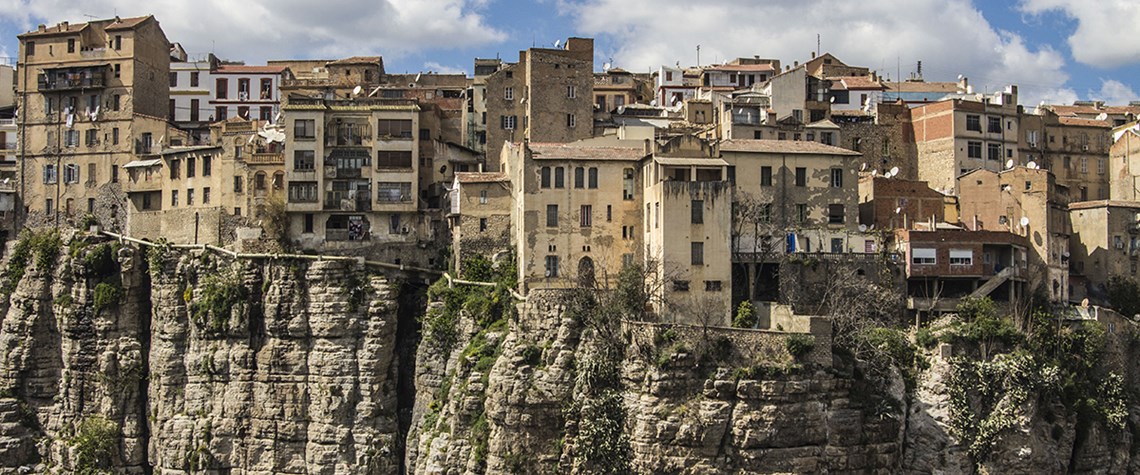Algeria and Saudi's differing shale development
Two of the most-watched countries in the expansion of unconventional gas adopt opposite approaches to tapping their substantial reserves
Handicapped by corruption and political delays, Algeria has made scant progress in the eight years since it identified shale gas as an important opportunity, even though its revenues from hydrocarbons are in decline. Algeria's foot-dragging is of particular concern to some of its customers such as Spain, which buys 55% of its total gas consumption from there. After Russia and Norway, Algeria is the third-biggest supplier to the European Union. By contrast, Saudi Arabia is fully engaged in a heavyweight programme to develop its ample shale and tight-gas potential, estimated to be 10 times the volume of the kingdom's conventional oil and gas reserves, as the fuel of the future. It's pushing on

Also in this section
18 February 2026
With Texas LNG approaching financial close, Alaska LNG advancing towards a phased buildout and Magnolia LNG positioned for future optionality, Glenfarne CEO Brendan Duval says the coming year will demonstrate how the company’s more focused, owner-operator approach is reshaping LNG infrastructure development in the North America
18 February 2026
The global gas industry is no longer on the backfoot, hesitantly justifying the value of its product, but has greater confidence in gas remaining a core part of the global energy mix for decades
18 February 2026
With marketable supply unlikely to grow significantly and limited scope for pipeline imports, Brazil is expected to continue relying on LNG to cover supply shortfalls, Ieda Gomes, senior adviser of Brazilian thinktank FGV Energia,
tells Petroleum Economist
17 February 2026
The 25th WPC Energy Congress, taking place in Riyadh, Saudi Arabia from 26–30 April 2026, will bring together leaders from the political, industrial, financial and technology sectors under the unifying theme “Pathways to an Energy Future for All”







